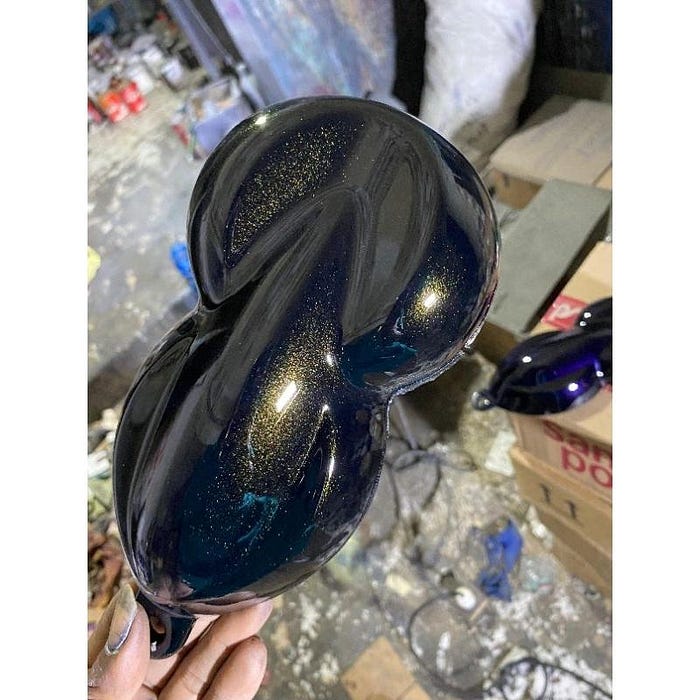 |
A tinted photograph of the Empress Dowager Cixi, Regent of the Qing Dynasty. Her portraits included a painting given to Teddy Roosevelt as well as extensive photographs. |
My friend K Dee recently put together a photostream of portraits of women to “help me remember, in case I ever start to forget, which sort of female image I find reflects a healthy civil society, and which I do not.” Today we’ll look at the story of a remarkable woman who prospered by being more toxic than her society.
The Empress Dowager Cixi was born in Beijing in 1835, an unimportant daughter of a mid-level bureaucrat. At 16, she was one of sixty girls in a cattle-call to choose consorts for the new Xianfeng Emperor. Cixi made the cut.
 |
Concubines of the Xianfeng Emperor fishing at a pond, 19th century. The figure at left is probably Cixi; the one at right is the Empress Ci'an. |
Despite the plethora of women in his harem, the Emperor had trouble producing an heir. In 1856, Cixi gave birth to his only surviving son, Zaichun. This propelled her up through the harem ranks so that by the time Zaichun reached his first birthday, she ranked second only to the Empress.
Unusually, Cixi could read and write. This granted her unprecedented access to the Emperor and an informal education in how to govern.
In September 1860, British and French troops attacked Beijing and burned the Emperor's Old Summer Palace to the ground. The Emperor and his entourage fled Beijing. The Emperor turned to booze and drugs, became ill, and died.
An eight-member Regency ruled on behalf of his heir, who was then five years old. Balancing the Regents’ power were the former empress, the Dowager Empress Ci’an, and the former concubine, the Dowager Empress Cixi.
The Dowager Empress Ci’an was good-natured and naïve: the perfect tool for the former concubine. The situation was inherently unstable, and at the correct moment, Cixi staged a coup with the support of a coterie of princes. To demonstrate her compassion, Cixi executed only three of the eight Regents, eschewed torturing them, and refused to execute the ministers’ families.
Ruling from “behind the curtain,” Cixi issued an Imperial Edict on behalf of the young Emperor stating that the two Empresses Dowager were to be the sole decision makers “without interference.” Her partner being malleable, Cixi had absolute control of the Chinese state by the mid-1860s.
 |
Portrait of Empress Jiashun, Cixi’s daughter-in-law. It is speculated that Cixi poisoned her when she was pregnant with an heir to Cixi’s dead son. |
In 1872, the Emperor turned 17 and was married to the Empress Jiashun. The relationship between Cixi and the new Empress was fraught. “I am a principal consort, having been carried through the front gate with pomp and circumstance, as mandated by our ancestors. Empress Dowager Cixi was a concubine, and entered our household through a side gate,” the new Empress said.
Foolish girl. Cixi ordered the couple to separate. The young Emperor—a man of weak intellect and weak character—began to act out his sexual desires in the brothels of Beijing. He contracted syphilis and died at the age of 19. His young pregnant Empress followed him into the grave a few months later, perhaps at Cixi’s hand. They left no heir. After considerable uproar, Cixi’s four-year-old nephew was tapped to become the next Emperor.
The Empress Dowager Ci'an died suddenly in 1881; rumors swirled that Cixi had poisoned Ci’an. Now the sole Regent, Cixi maintained her iron grip on power even after the new Emperor reached his majority and began to reign as the Guangxu Emperor.
The Empress Dowager Ci'an died suddenly in 1881; rumors swirled that Cixi had poisoned Ci’an. Now the sole Regent, Cixi maintained her iron grip on power even after the new Emperor reached his majority and began to reign as the Guangxu Emperor.
As he grew into his role, the Guangxu Emperor began flexing his muscles, initiating a series of modernizing reforms. These particularly displeased Cixi because they would have checked her power. Once more, the Empress Dowager Cixi took over. The Emperor was never formally removed from the throne, but he was a powerless puppet from then on.
The Guangxu Emperor died suddenly on November 14, 1908. The Empress Dowager installed a new child emperor on the throne and promptly keeled over herself. Turns out that the Guangxu Emperor was poisoned; modern forensic testing shows he had arsenic levels 2000 times greater than normal. It appears that, knowing she was dying, the Empress Dowager’s last act was to prevent him from ever taking power in China.
In 1912, the child emperor Puyi abdicated, ending over 2000 years of imperial China and beginning a long period of instability that would result in the Chinese Civil War.
Let me know if you’re interested in painting with me in Maine in 2014 or Rochester at any time. Click here for more information on my Maine workshops!

.jpg)


